

- © 2003 - 2024 Dynamix Productions, Inc. Contact Us 0



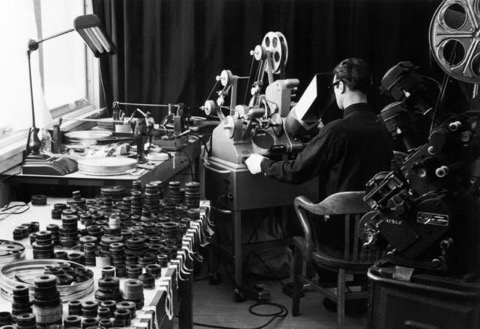
In feature films the director is God; in documentary films God is the director.
Alfred Hitchcock
Should documentary sound be real? Manipulated? Fake? We dig into the controversy.
Read More...
"Again and again, the cicada's untiring cry pierced the sultry summer air like a needle at work on thick cotton cloth."
Yukio Mishima
Recording location audio outside can be challenging at best. The video team wants an exterior shot because architecture or a landscape in the background can add to the image. But alas, there are often unwanted sounds like cars, HVAC blowers, and other manmade annoyances that we must work around. There's one sound though that is nearly impossible to eliminate, fix, mask, hide, or yell-at-to-be-quiet. It is guaranteed to ruin almost any exterior recording in the summer: the mating song of the cicada.
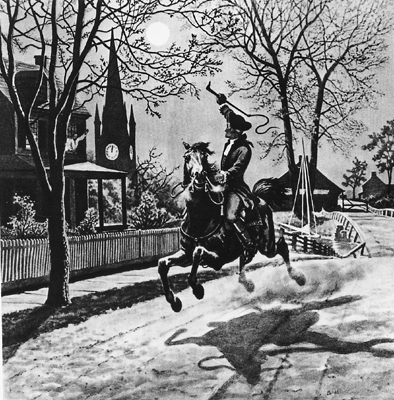
"The people will waken and listen to hear
The hurrying hoof-beats of that steed,
And the midnight message of Paul Revere."
Henry Wadsworth Longfellow
What did Paul Revere's famous midnight ride from Boston to Lexington sound like in April 1775? If you were there, you might recognize the approaching horse as a Narragansett Pacer mare. This once popular breed of horse, now extinct, was known for its ambling gait: a smooth riding four-beat gait that is faster than a walk, but slower than a canter or gallop. You might also notice the calm surroundings interrupted occasionally by crow calls, trees rustling in the wind, or the occasional farm dog barking at the stranger barreling down the rough dirt road. Just someone in a hurry.
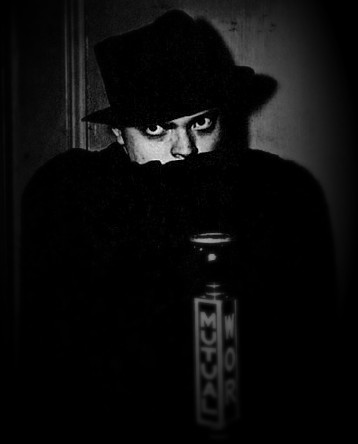
Shadow: No, Mary. I suspected a trap, so after I opened the door, I walked across the room and stood behind them.
Apple Mary: But your voice.... it came from near the door.
Shadow: Ventriloquism. A simple trick of projecting the voice.
The Shadow
"The Blind Beggar Dies"
Radio broadcast: April 17, 1938
We're fooled by Mother Nature all the time. She uses light to conjure up a mirage on a hot desert day and Aurora Borealis on a cold Alaskan night. She also has a bag of tricks for sound, like flinging noises a hundred miles away. But one of her best is when she makes sound disappear. This slight-of-hand by Mother Nature may have even changed the outcome of several battles in the American Civil War. What are these shenanigans of sound? Magic? Illusions? Sorcery? As the old radio serial hero said, "Only The Shadow knows." They're called acoustic shadows.

"At one time there were voiceover artists, now there are celebrity voiceover artists. It's unfortunate because these people need the money less than the voiceover artist."
David Duchovny
What does it take to perform a voice-over? After talking with several industry veterans, it turns out that it's not as easy as they make it sound - and that's the whole point. In Part 1, we found out how these four voice-over artists got into the profession. In Part 2, we learned about preparation and technique. In this last installment of our series, our nimble-tongued pros have advice to budding narrators and writers.
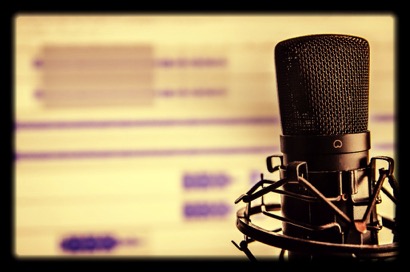
"In voice-over work, you have to actually do more work with your facial muscles and your mouth. You have to kind of exaggerate your pronunciation a little bit more, whereas with live action, you can get away with mumbling sometimes."
Mark Valley
What does it take to perform a voice-over? After talking with several industry veterans, it turns out that it's not as easy as they make it sound - and that's the whole point. In Part 1, we found out how these four voice-over artists got into the profession. This month, we learn the nitty gritty of preparation and technique.

"Someone needs to buy a radio station, then play nothing but audio books, with a different genre of book played at set times. That way we can always have something new to read, no matter where we are."
Shana Chartier
We're wrapping up our series on the audiobook this month. In Part 1, we began our conversation with veteran actor and audiobook narrator Brad Wills. He talked technical details about finding the right studio, performance, editing, and quality. In Part 2, Brad shared his methods of character development and preparation, plus he had some tips for budding narrators. In this issue, we're looking at how an audiobook is actually produced, from recording and editing, to mastering and delivery.
Read More...
“When you read a book, the story definitely happens inside your head. When you listen, it seems to happen in a little cloud all around it, like a fuzzy knit cap pulled down over your eyes.”
Robin Sloan, Mr. Penumbra's 24-Hour Bookstore
We're continuing our series on the audiobook, an older idea that has been reborn from new technology. In this issue we're talking with Brad about character development, preparation, and tips for budding narrators.

“I love audio books, and when I paint I’m always listening to a book. I find that my imagination really takes flight in the painting process when I’m listening to audio books.”
Thomas Kinkade
We begin a three-part series of how an audiobook is produced. We talk with veteran actor Brad Wills, as well as dive deep into how an audiobook is produced from the ground up.
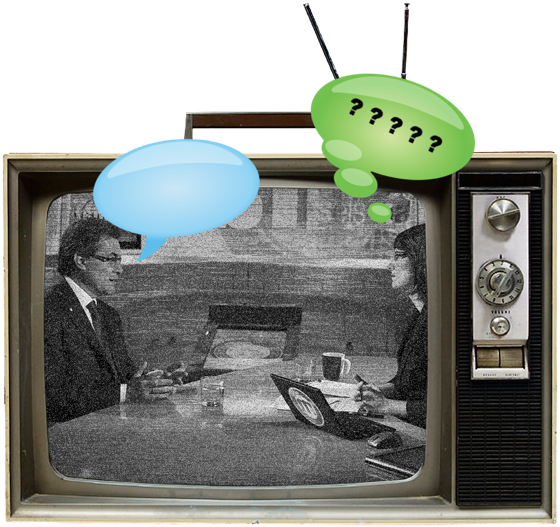
"I hope I inspire people who hear. Hearing people have the ability to remove barriers that prevent deaf people from achieving their dreams."
Marlee Matlin
Did you know that more than 37 million Americans aged 18 or older have some kind of hearing loss? And 30 million Americans aged 12 or older have hearing loss in both ears? With a media-rich society, that makes listening to narration, dialog, and speech in general difficult for them. Before 1972, anyone hard of hearing had to watch television with the volume turned up.

Independence Day reminds me about fireworks. Which reminds me of explosions. Which remind me of sound effects. I'm not necessarily thinking of sound effects when I'm watching fireworks, because I'm usually in the moment. But we've all experienced that anticipation of waiting for the next explosion when we see a faint streak of light climb up to the heavens and hear a little bit of the sizzle from the propulsion. A momentary silence...and then BOOM! Ooooh! Aaaah! Laughter, applause.
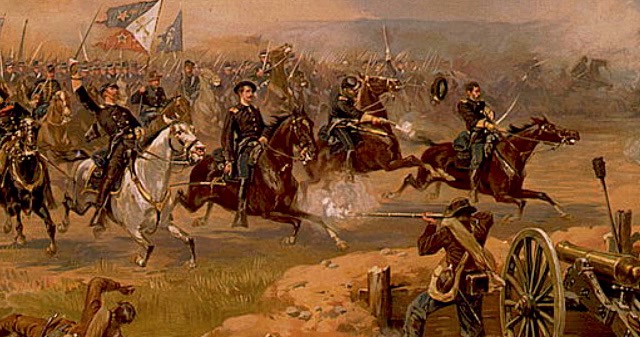
Being in the "Horse Capital of the World," we surely have enough experience to know that a horse sounds much like it did 150 years ago. However, back then a horse's role was very different than today. In a new documentary, "Unsung Hero: The Horse in the Civil War," produced by Witnessing History, LLC for HRTV (Horse Racing TV Network), the role of the horse in the American Civil War is explored in-depth with rarely-seen photographs, documents and artwork. To a sound designer's delight, there are simulated battle scenes, troop movements, and other war action.